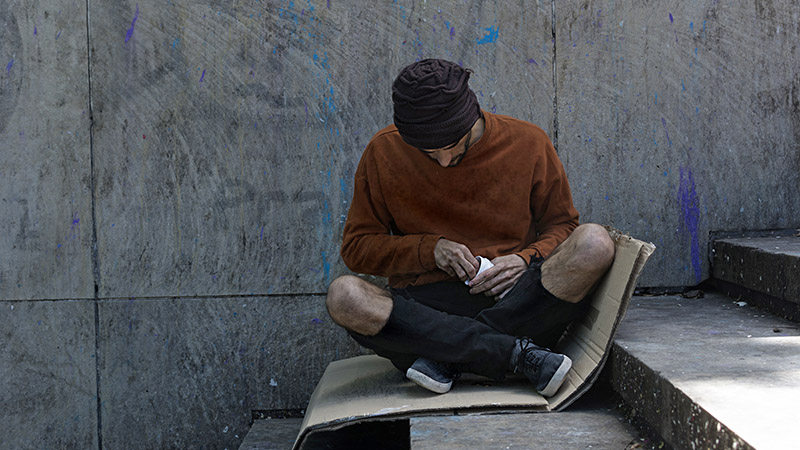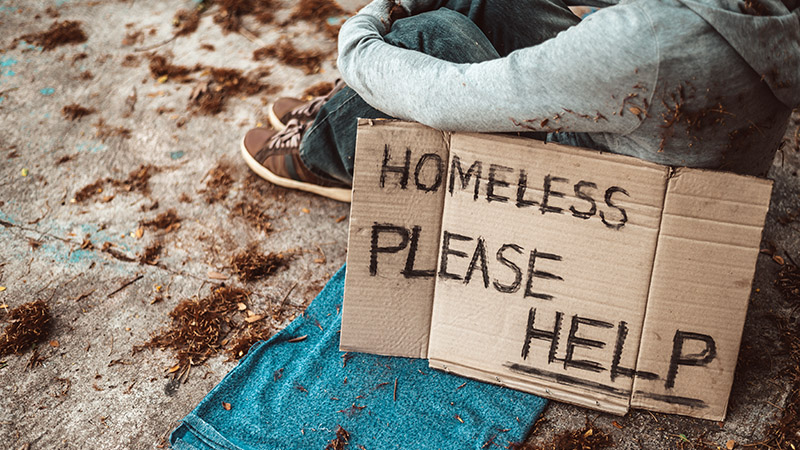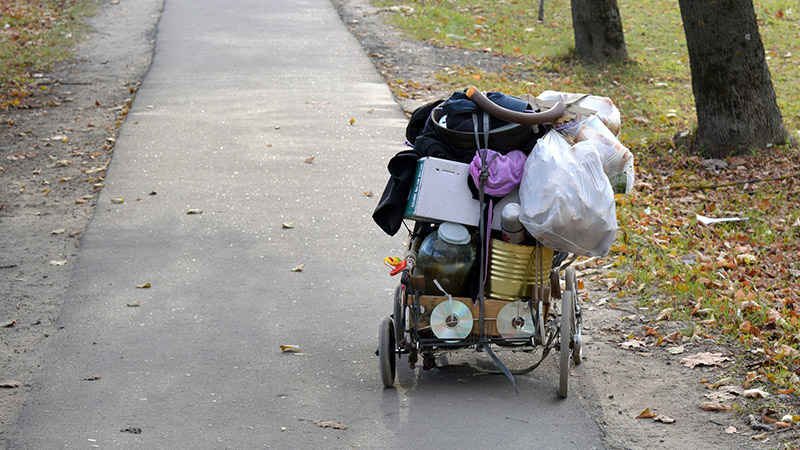Homelessness is a significant problem affecting people of all ages. In January 2020, there were almost 600,000 people experiencing homelessness in America. 70% of those people were individuals and the remaining 30% were families with children. Since the pandemic began in March 2020, this number has inevitably grown significantly.
This is an issue that we all are affected by whether we realize it or not. It has a ripple effect throughout the entire community. The availability of healthcare resources, crime rates, unemployment, and the use of tax dollars are just some of the ways it affects the community as a whole.
While it may seem like there is no way to stop homelessness, there is a lot that we can do. Specifically, philanthropies like Unity Parenting and Counseling can make great waves in the fight to end homelessness.
Philanthropy’s Role in Ending Homelessness
Unfortunately, all of the aspects involved in the fight to end homelessness cannot be funded through federal and local organizations alone. Private donations and philanthropic organizations are necessary. They can help bridge the gap between what public organizations can provide and what is still needed. In particular, philanthropic organizations can help reduce policy barriers, leverage funds, and create bridges between different systems.
People often assume private organizations step in only when and where the public sector falls short. However, it is when they work hand-in-hand, rather than separately, that the most success is found.
Solutions to End Homelessness

But how can philanthropies and governments work together to achieve this goal? The United States Interagency Council on Homelessness (USICH) has identified eight ways we can collectively fight to end homelessness. These include:
Housing
Obviously, providing homeless individuals with housing goes a long way in fighting homelessness. Housing is the foundation that an individual or a family can use to access the service and support they need to gain stability and pursue their goals.
Specifically, supportive housing is a proven way to reintegrate people who experience chronic homelessness into the community. Numerous studies have found that supportive housing resolves homelessness as well as improves health and lowers public costs. It lowers these costs by reducing the use of publicly-funded services like shelters, hospitals, jails, and more.
Integrate Health Care
Many homeless people are dealing with chronic physical and mental health conditions. These conditions affect their ability to afford housing. For this reason, these individuals must be able to access effective health care. New care and service delivery models are needed that will meet homeless individuals instead of them having to seek services out.
In addition, healthcare is most successful in the fight to end homelessness when it is paired with housing assistance. That is because having stable housing improves health and being healthy supports being able to afford housing. Housing providers and healthcare providers should work together to integrate healthcare with housing.
Build Career Pathways
As people leave their homeless lifestyle, one of the best ways to move them into permanent housing is to increase their access to sustainable jobs. This begins with training individuals in the skills that they need to be successful in different career paths. More job opportunities for people experiencing homelessness also need to be made available. Finally, other support needs to be provided like considering transportation, child care, criminal justice history, and more. This additional support will help individuals retain their new jobs.
Foster Education Connections
For the countless children and young people who experience homelessness, school can be a vital lifeline. It provides safety, stability, access to support, and access to education. If these children get behind academically, it can affect their ability to remain housed in the future. Barriers to enrollment at all grade levels should be eliminated so these young people can access this education.
Strengthen Crisis Response Systems
Often, the front line of a community’s homelessness response is its crisis centers. These can be emergency shelters, street outreach, and more. They are essential in helping people meet their immediate survival needs like shelter, food, and clothing. These crisis services also help them resolve their current crises and find more permanent housing solutions. If more people can access these services, they can reverse their situation quicker.
Reduce Criminal Justice Involvement
Just under 50,000 people who enter homeless shelters each year are coming almost directly from prison or jail. Plus, of the 11 million incarcerated or detained people, up to 15% of them report having been homeless.
This revolving door of jail and homelessness needs to be addressed on a federal level. In addition, changes can be made at the community level. Partnerships between law enforcement and homelessness service systems should be strengthened. Jail diversion and incarceration alternatives should also be increased.
Build Partnerships
The ultimate solutions to end homelessness extend into local, state, and federal jurisdictions. A cross-sector, interagency approach is going to be the one that ends up stopping homelessness. If all of these levels of government, the private, and non-profit sectors can come together, the goal of stopping homelessness can be achieved.
Prevent Homelessness
At the end of the day, the best way to end homelessness is to prevent it from occurring in the first place. We need to do what we can to reduce the risk of housing crises happening at all. Likely, this requires pieces of each of the above solutions.
The Fight to End Homelessness in Chicago

The above approaches are recommended on the national level. Meanwhile, right here in Chicago, there is a group of organizations that are working together to prevent and end homelessness. This group is called the Chicago Continuum of Care or CoC, of which Unity Parenting and Counseling is a proud member. Over 100 organizations and individuals work together under the CoC to one day prevent and end homelessness in Chicago.
People like you make a difference every day when they give to Unity Parenting and Counseling. Your support means we can provide necessary resources and services to members of the Chicago community. You can choose to donate in the form of money, in-kind services, or goods, which are always highly valued.
